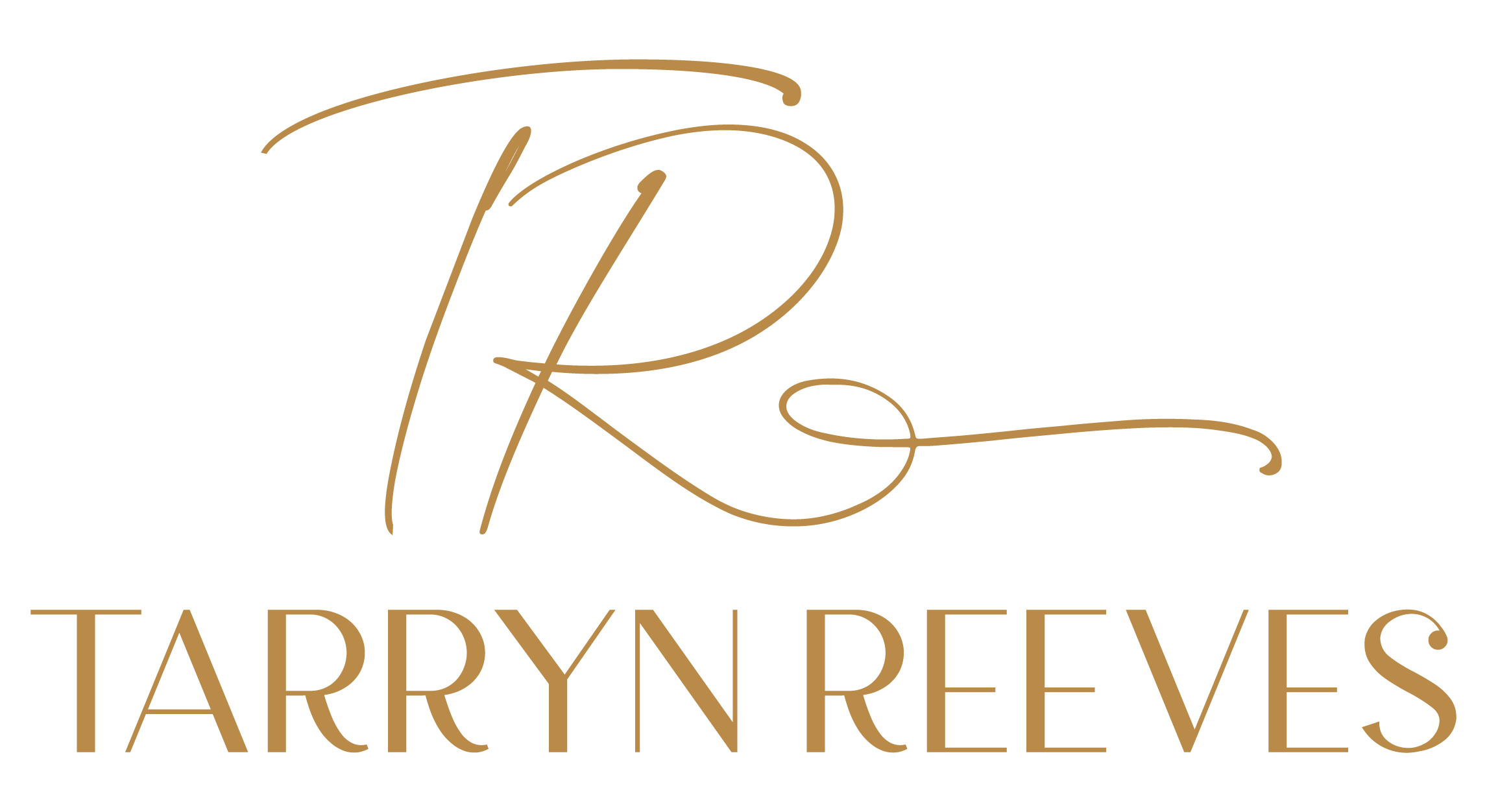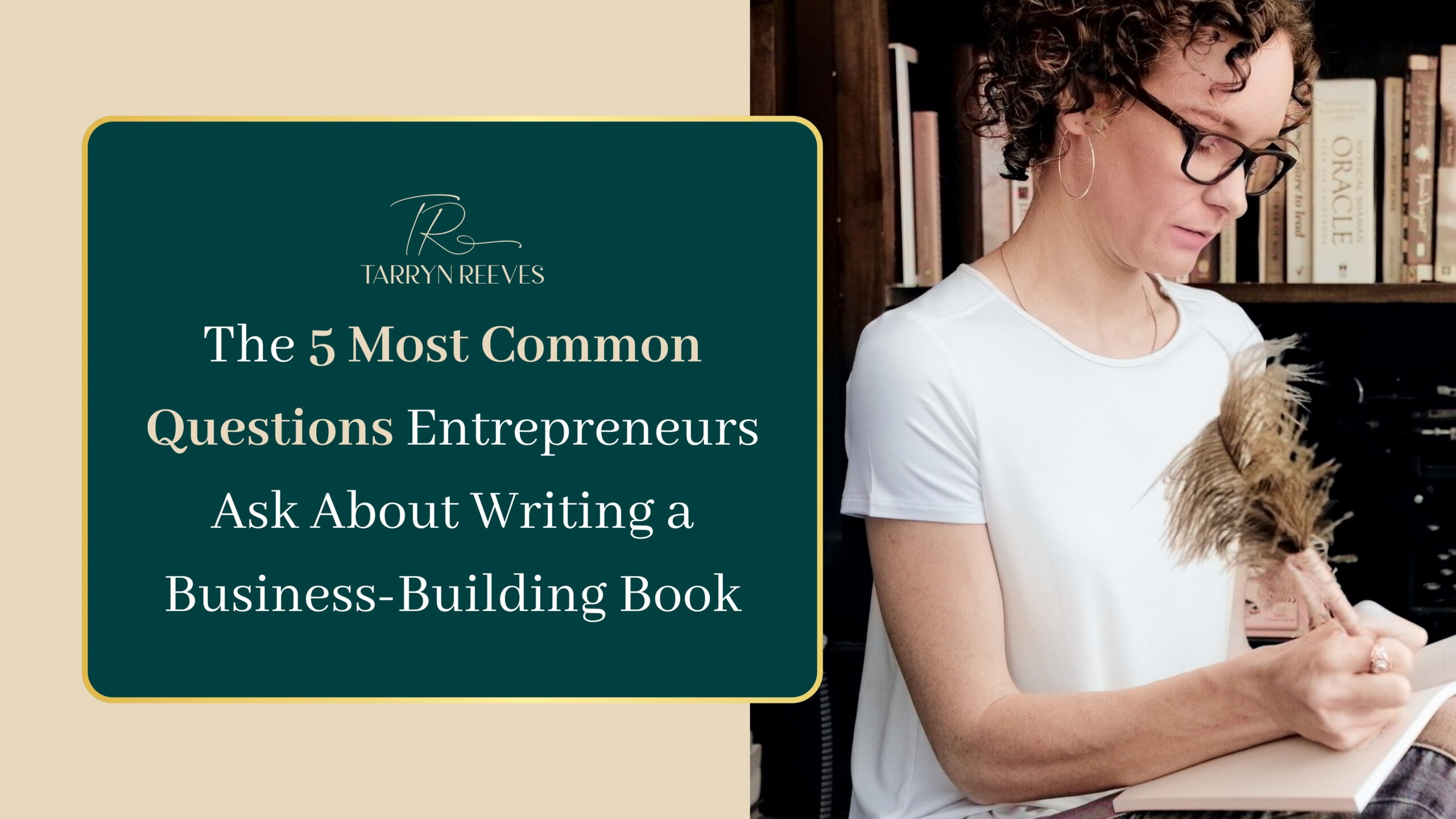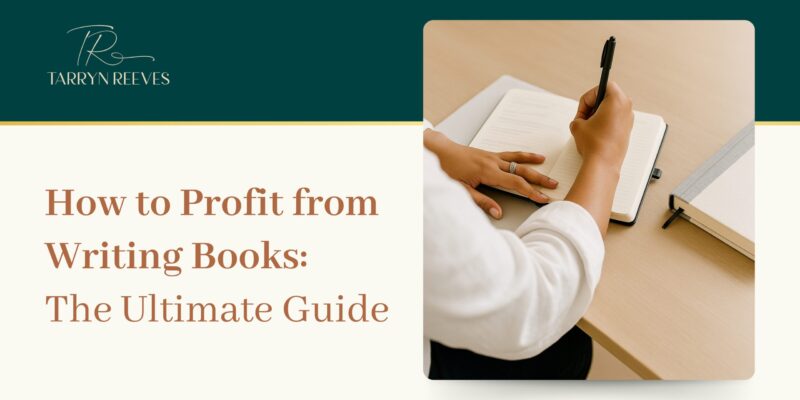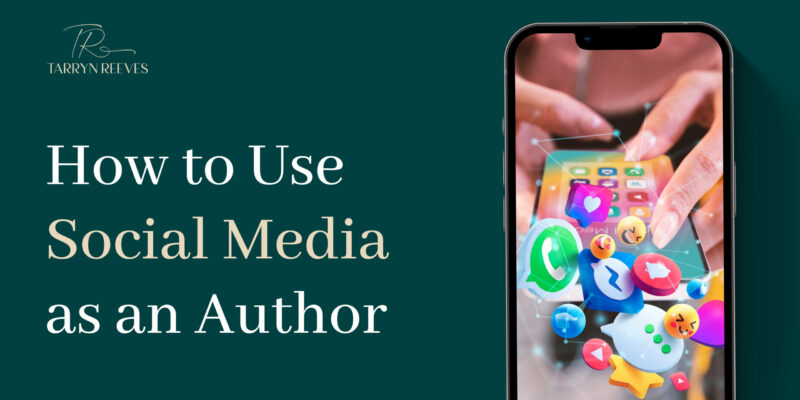In today’s noisy digital world, entrepreneurs are constantly looking for ways to rise above the clutter, build authority, and attract aligned clients. Enter: the business-building book.
As the CEO of a hybrid publishing company, I work with visionary entrepreneurs who want to do more than just grow a business — they want to document their journey, share their wisdom, and position themselves as the go-to authority in their industry.
But writing a book that drives business growth isn’t the same as scribbling down memoirs or trying to go viral with a gimmicky eBook. It takes strategy, authenticity, and a whole lot of clarity.
Over the years, I’ve been asked the same handful of questions again and again by entrepreneurs who want to write a book but don’t know where to start. So today, I’m breaking down the five most common questions I get — and the answers that will help you write a book that doesn’t just sit on shelves… but builds your legacy and your leads.
1. “What advice would you give to entrepreneurs who are just starting out with their book?”
Start with your why. Not the fluffy one — the real one.
Writing a book as an entrepreneur isn’t just about “getting published.” It’s about creating a powerful marketing tool that builds trust, attracts leads, and positions you as a credible expert.
So before you write a single word, get crystal clear on:
- Who you’re writing it for
- Why you’re writing this book
- Who you’re writing it for
- What unique transformation you want to offer your reader
Hot tip: Don’t hold back. The value in your head is meant to be shared — give it all away! Be real, be generous, and be you. Your voice, your way of teaching, and your lived experience are your secret sauce. That’s what people connect with.
And if you want the full blueprint on writing a book that works for your business, go check out my book, Automatic Authority. It’s the exact framework I use with high-level clients to go from idea to bestseller.
2. “What are the biggest mistakes to avoid when writing a book?”
Oh, buckle up — this one’s a doozy.
Here are the top mistakes I see over and over again:
❌ Writing the book for yourself
This isn’t a diary. Your book is for your reader. Think about their pain points, goals, and mindset every step of the way. What do they need to hear? What problems are you solving for them?
❌ Neglecting professional editing
Your book is your brand in print. If the editing is sloppy, your reader will subconsciously associate your brand with “low quality.” That’s not the impression we’re going for.
And no — your cousin who took high school English doesn’t count as a professional editor. You need:
- A structural edit
- A copy edit
- A final proofread
❌ Rushing the process
Publishing a book isn’t something you slap together between client calls. Take the time to do it properly — from the writing and editing, to the design, formatting, and launch strategy. Quality equals credibility.
3. “How do I effectively market my book?”
This is where most entrepreneurs drop the ball. They write a brilliant book, hit publish, and then… crickets.
Here’s what works in today’s digital world:
📣 Start marketing before the book is even written
Bring your audience along for the journey. Share behind-the-scenes moments, cover reveals, early chapter drafts, and the “why” behind your book on your socials, in your newsletter, and through video content.
🎤 Leverage other people’s platforms
Get yourself on podcasts. Speak on summits. Write guest blog posts. Show up where your ideal readers already hang out.
📚 Run a pre-order campaign
Use Amazon pre-orders to generate early interest and gather a list of warm leads before the book launches.
🧠 Be strategic with reviews
Ask for testimonials from industry leaders or clients with credibility. These add instant authority and can go on your book’s front or back cover to build trust quickly.
💸 Don’t forget paid ads
If you want fast traction, consider using Facebook, Amazon, or BookBub ads to boost visibility. (Just make sure the rest of your funnel is ready to catch and convert those leads.)
4. “What do publishers look for in a manuscript?”
As a hybrid publisher, we get to be choosy. Why? Because your book’s success becomes part of our reputation too.
Here’s what we’re looking for:
- A clear, compelling idea
- Original insights or frameworks
- Strong alignment with your brand and goals
- A defined target audience
- Willingness to collaborate on the marketing
And here’s the truth bomb: if you want your book to succeed, you need to have (or be ready to build) a platform. You don’t need millions of followers, but you do need an engaged audience and a clear brand presence.
No brand? No problem. My team and I help clients build everything from the ground up — website, social, launch plan and more.
But please, don’t write a book and expect magic if no one knows you exist. Publishing is step one. Visibility is step two.
5. “Should I self-publish, go traditional, or work with a hybrid publisher?”
Ah, the great publishing debate. Here’s the breakdown:
Self-publishing
- ✅ Total control
- ✅ Keep all royalties
- ❌ You do (and pay for) everything yourself
- ❌ High risk of amateur design/editing if not careful
Traditional publishing
- ✅ Big name recognition
- ✅ Distribution power
- ❌ Super competitive
- ❌ Long timelines (like, years)
- ❌ Minimal royalties (as low as 5%)
Hybrid publishing (like us!)
- ✅ Professional quality with personal involvement
- ✅ Faster time to market
- ✅ You keep 100% of your royalties
- ✅ Collaborative, high-touch support
- ❌ You pay upfront for services (like coaching or consulting)
At the end of the day, there’s no “one right way.” The best option is the one that fits your goals, timeline, and desired level of involvement. Just please, for the love of books, do your research before signing anything. Not all hybrid publishers are created equal.
Final Thoughts: Who the hell are you not to write a book?
If you’ve been sitting on a story, a lesson, or a system that you know could help someone else — the only question left to ask is: Why the hell not?
The journey of writing a business-building book isn’t for the faint of heart. But it’s one of the most powerful moves you can make as an entrepreneur.
Your story is someone’s survival guide. Your wisdom is someone’s breakthrough. Your book is someone’s next step.
So write it.
And when you do? Tag me. Message me. Share your wins. Because nothing lights me up more than watching entrepreneurial authors step into their power, build empires with their words, and become the authority they were born to be.
Ready to take the next step?
Grab your copy of Automatic Authority for the step-by-step blueprint to go from idea to bestseller — or come talk to my team about how we can help you write and launch your own authority-building book.




